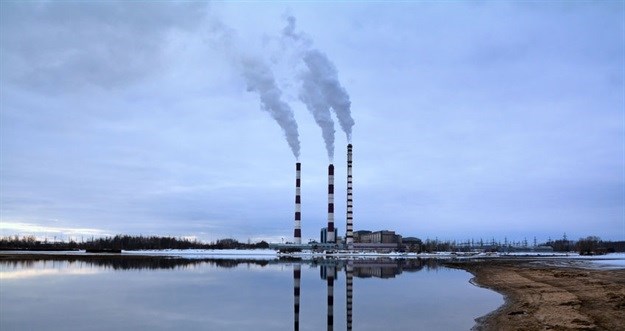
The carbon tax will apply to all sectors except agriculture and forestry, other land use and waste sectors during the first phase up to 2020. Companies engaged in activities that produce greenhouse gas emissions will be liable for the tax and will be required to submit a tax return to the South African Revenue Service (SARS) based on their own assessment of emissions.
In the budget, the Minister of Finance introduces carbon tax at a rate of R120 per ton of CO2 - equivalent emissions and subject to annual adjustment. To moderate the impact of the tax, there are a number of tax-free allowances in the first phase. The allowances range from between 60% and 95% and may have the effect of reducing the carbon tax rate to a range of between R6 and R48 per ton of CO2 - eq. A deduction for emissions from the use of liquid fuels (petrol and diesel) in stationary processes will be allowed to avoid double taxation, as the tax on these fuels will be imposed at source, as an addition to the current fuel taxes.
The drafters of the Bill have also provided for impermissible tax avoidance arrangements. If SARS is satisfied that an arrangement has been entered into that has the effect of a tax benefit, such as reducing that person's liability for the carbon tax, SARS may determine the liability as if the arrangement had not been entered into. Before making such a determination, SARS must first have regard to the substance of the arrangement.
SARS will be responsible for administering the tax but will be assisted by the Department of Environmental Affairs. When SARS collects the carbon tax it will be treated in the same manner as an environmental levy, as contemplated in the Customs and Excise Act, and all the provisions in that Act will apply to SARS' administrative actions. The taxpayer will be obliged to submit environmental levy accounts and payments every six months. The first tax period commences on 1 January 2017 and ends on 31 December 2017.
